The Emotionally Healthy Me

Since being appointed last summer, Michele and I have had to complete a number of tasks as part of our pre-Senegal process. One part has been to read a number of books that relate to potential weaknesses or problems. Regardless of our life situation, identifying these potential problems is very useful. In cross-cultural missions, though, these same fissures run a greater risk of cracking wide open when the natural pressures of our new environments and lives press against us.
 The first area that was flagged for me is my inability to identify my own weaknesses. Admittedly, this is a huge problem for me. I feel I need to be the strong one, the one with the answers, the problem solver. Seeing weakness in myself feels more like a hinderance to my effectiveness than an advantageous position from which to work.
The first area that was flagged for me is my inability to identify my own weaknesses. Admittedly, this is a huge problem for me. I feel I need to be the strong one, the one with the answers, the problem solver. Seeing weakness in myself feels more like a hinderance to my effectiveness than an advantageous position from which to work.
Enter The Emotionally Healthy Church by Peter Scazzero. In the beginning of the book, Scazzero walks us through his own painful journey as a lead pastor. His lack of awareness of his own weakness and brokenness led him down a path where his church was falling apart, his wife was ready to leave the church he pastored, and his church’s discipleship process seemed to be failing.
Peter eventually made the observation that an important element missing from most churches today is the inclusion of addressing emotional health in the leadership and congregation. In the rest of his book, Scazzero provided seven principles to becoming an emotionally healthy church. They are:
- Look Beneath the Surface
- Break the Power of the Past
- Live in Brokenness and Vulnerability
- Receive the Gift of Limits
- Embrace Grieving and Loss
- Make Incarnation Your Model for Loving Well
- Slow Down to Lead with Integrity
I struggle in varying degrees with all seven of these principles, but the primary ones I need to really work on are living in brokenness and vulnerability and receiving the gifts of limits.
Peter helped me better understand that today’s “church culture has largely bought into the world’s definition of power and strength” (pg. 120) despite the fact that “everyone is broken, damaged, cracked and imperfect” (118). This realignment of power versus brokenness is also valuable in terms of leadership. Paul gives us the best example of this in 2 Corinthians 12 where, “Paul argues for the authenticity of his leadership by appealing… to his weakness” (120). In being a leader, I am not the one who has to always be strong. Rather, I am given the freedom to say that “For the sake of Christ, then, I am content with weaknesses… For when I am weak, then I am strong” (vs. 10). May I be content to let God alone be the strong one.
The second area I identified with was in my ability to better understand my God-given limitations. This is not something I readily embrace. A strength of mine is that I can be a jack-of-all trades and have a lot of varied interests. I can easily fill into many roles and tend to do so. The problem is that I constantly run the risk of pushing past my natural limits by getting involved with excessive commitments. This is no different for our upcoming missionary work: “The frightening truth is we can sometimes pass through our God-given limits and end up doing God’s work without God!” (145). Ouch. Yes, that is a very realistic possibility in my life as well as others. The model I hope to follow is Jesus’ example where he “did not go in person to meet the needs of everyone in Europe, Africa, Asia, or the Americas. Yet he prayed at the end of his life, ‘I have… [finished] the work you have given me to do’ (John 17:4)” (145). This task of realizing my limits may be one of the most difficult to overcome. Having to force myself to stop or pull back from existing responsibilities is and will continue to be a lifelong process against my natural tendencies.
Have you ever read The Emotionally Healthy Church? If you have, what are some of the principles that challenged you? If you have not and end up reading it I would love to hear your thoughts on the book and if it helped you like it has for me.
// featured image courtesy of Danny Froese
